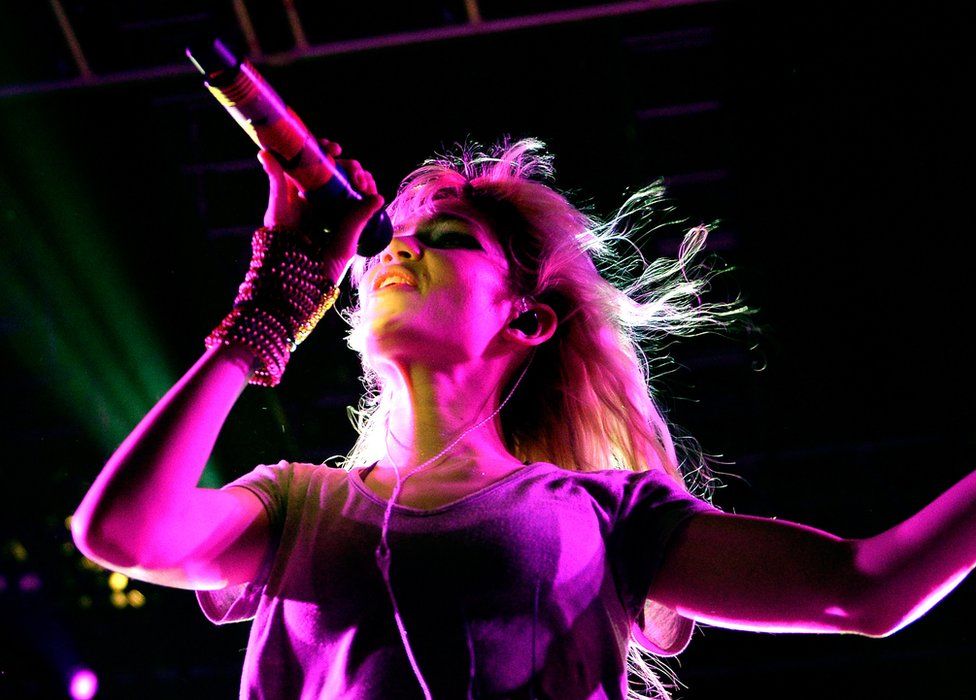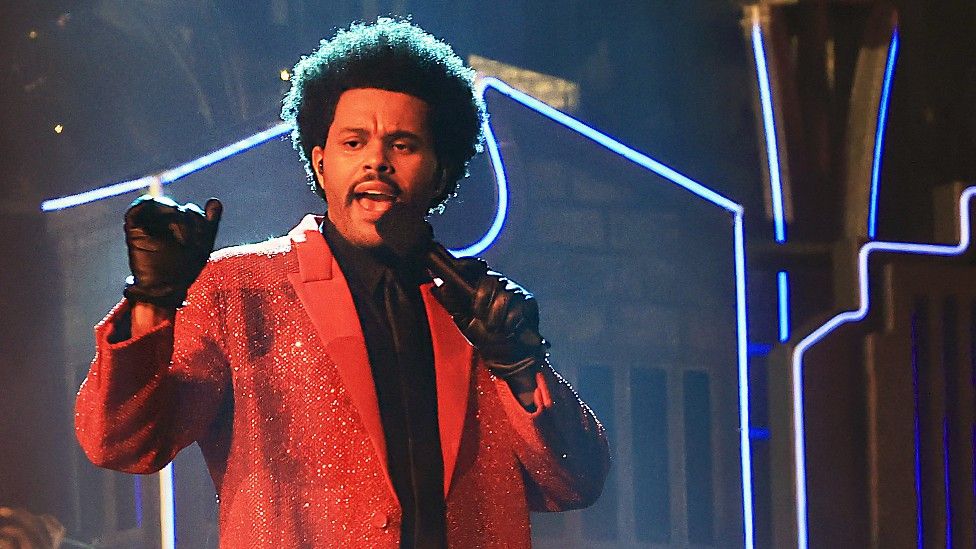Deezer, a streaming service, claims to have created technology that enables it to recognize and possibly remove songs that mimic the voices of pop stars.
The French company claims that in order to protect artists, it wants to "weed out illegal and fraudulent content.".
CEO Jeronimo Folgueira told the BBC, "We need to stand up now. "Music is at a critical juncture. ".
Recently, a number of songs have appeared that mimic the vocal styles of real stars using artificial intelligence.
With the help of its biggest stars, Drake and The Weeknd, Universal Music successfully petitioned streaming services to take down the song Heart on My Sleeve in April.
The label claimed that it was "in violation of copyright law" to train generative AI with the music of its artists. That stance, however, has not been litigated and continues to be a questionable legal position.
The technology has divided musicians among themselves. Even though alt-pop singer Grimes made her voice freely usable, Sting claimed that music creators were in the midst of "a battle" to maintain authorship over their works.

Although it only has a small portion of the UK streaming market, Deezer is more well-known in France and some parts of South America.
It claims that starting with songs that feature the synthetic voices of well-known artists, its new tool will tag music that has been produced using generative AI.
Labels, artists, and other rights holders will be alerted to those tracks, and they will be free to take whatever action they see fit.
Ironically, machine learning and artificial intelligence are the foundation of its new detection tool.
Mr. Folgueira stated, "This is a good use of AI and technology," emphasizing his support for ethically produced AI music.
For instance, I would personally adore to see AI bring Whitney Houston back to life and create incredible new tracks with her voice.
But as an industry, we must ensure that artificial intelligence is applied responsibly, that it respects intellectual property rights and the law, and that artists are fairly compensated. ".
He compared the rise of artificial intelligence-generated music to the spread of false information on social media sites like Facebook and Twitter.
"They were profiting greatly from fake news, which is one of the reasons they allowed it to proliferate. People became more engaged when they became more polarized, which led to this terrible effect on society. I believe that there is also a similar risk present. ".
AI music may be easy to produce and free of royalties, which would boost streaming services' profits. Folgueira cautioned, however, that adding music created by machines to the streaming library could be detrimental.
He warned that if it were forced because it would be profitable, music as we know it might be destroyed. "That would be the wrong thing to do economically. ".
He acknowledged that there weren't many songs with so-called "deepfake" vocals being uploaded right now, but he predicted that in the following six to nine months, AI music would take off like never before.
It is impossible to have the content reviewed by humans given that the service receives more than 100,000 song uploads every day.
Folgueira claimed that Deezer uses its tool to weed out "fake artists"—pseudonymous musicians without a recognizable online presence—who produce a large number of songs (typically overly simplistic mood music) in an effort to manipulate the royalty payment system. The hosting of these artists by Spotify has frequently come under fire.
"We eliminate a huge number of artists and a huge number of fake streams every day," Folgueira told the BBC. "And the trend is that this fraudulent behavior just keeps accelerating.".
He claimed that was one of the reasons Deezer had begun collaborating with Universal to alter the way royalties are determined.
Taylor Swift would receive £10 million if she contributed 10% of the music played on Deezer, which has a royalty pot of £100 million, according to the current system for paying artists.
To put it another way, whether they like it or not, subscribers who never listen to Taylor Swift will still send her 10% of their subscription fees.
Together with Tidal, Deezer is currently investigating how to better reflect the songs that particular listeners choose to play and support independent musicians.
The task of dividing the pie in a different way is obviously difficult because these discussions involve many players and are very complicated, according to Folgueira.
However, I believe this is a task we can complete, hopefully soon.
. "







